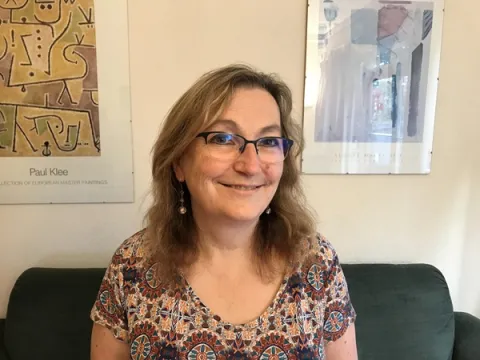About the project
Using additive manufacturing to produce magnesium (Mg) alloys can result in a significantly refined grain size. However, samples produced this way do not have the hardness, strength or ductility of samples produced by traditional extruding, forging or even casting processing.
This project aims to improve the mechanical properties of additive manufactured magnesium alloys by using 3 post-processing techniques:
- selective laser melting (SLM)
- additive friction stir deposition (AFSD)
- friction surfacing additive manufacturing (FSAM)
The resulting improvements are expected to lead to more industrial applications of light Mg alloys where lightweight, tough and corrosion-resistant components are needed. This should in turn lead to more efficient use of fuel and fewer carbon emissions.
Mg alloys produced by additive manufacturing can also be used as biomaterials with complex geometries – in medical implants, for instance. Additive manufacturing of these would be quicker and less expensive than conventional manufacturing, which involves multiple steps.
Project objectives
The project’s specific objectives are to:
- employ SLM/AFSD/FSAM to develop different series of samples using various processing parameters
- evaluate the samples using micro-hardness, tensile test and immersion corrosion test as well as microstructure characterisation (Micro XCT will be used to investigate the porosity of the additive manufactured samples)
- optimise heat treatment parameters to maximise the precipitation hardening response, which restrict the grain growth and internal defect propagation
- based on the results, optimise the additive manufacturing processing parameters and develop high relative density Mg alloy samples (eg, >99%) with ultrafine grains and weak texture.
Training and experience opportunities
- solid training in light alloy metallurgy, advanced electron microscope characterisation and microstructure analysis at the Department of Materials Science and Engineering
- close collaboration with the Solid State Materials Processing Department at Helmholtz-Zentrum Hereon
- being part of the Engineering Materials team and access to National X-ray Computed Tomography (NXCT) at the University of Southampton
- collaboration opportunities with our industry partners and academic collaborators
- several opportunities to visit our industry and academic partners

